
The COP27 climate summit, which begins in Egypt this week, will again focus the world’s attention on the global threat from climate change, with nature, food, water, industry decarbonisation and climate adaption identified as key issues.
UN Secretary-General António Guterres, in the lead up to the conference, has delivered the timely and urgent reminder that no country and no economy is immune from the climate crisis.
“We are in a life-or-death struggle for our own safety today and our survival,” Mr Guterres said.
Pro Vice-Chancellor (Sustainability and Research Integrity) Professor Kerrie Wilson said QUT’s vision for a sustainable world was to move to a low carbon future and reduce activities that result in greenhouse gas emissions.
“QUT is responding to the climate emergency on every front – through our research and teaching programs and the way we manage our campuses and operations,” Professor Wilson said.
‘We’re investigating climate impacts and solutions through research centres focused on areas ranging from clean energy, agriculture and the environment to justice and health law.
“Our Sustainability Action Plan outlines the many actions we are taking across 13 domains, including carbon, energy, transport, waste, the built environment and climate adaptation and resilience.
“We teach a wide range of climate-related subjects, including climate science, environmental science, engineering, health, law, economics and policy, sustainable design, corporate social responsibility and disaster management.”
QUT experts available for media comment on COP27 and related issues are:
Climate change and the law
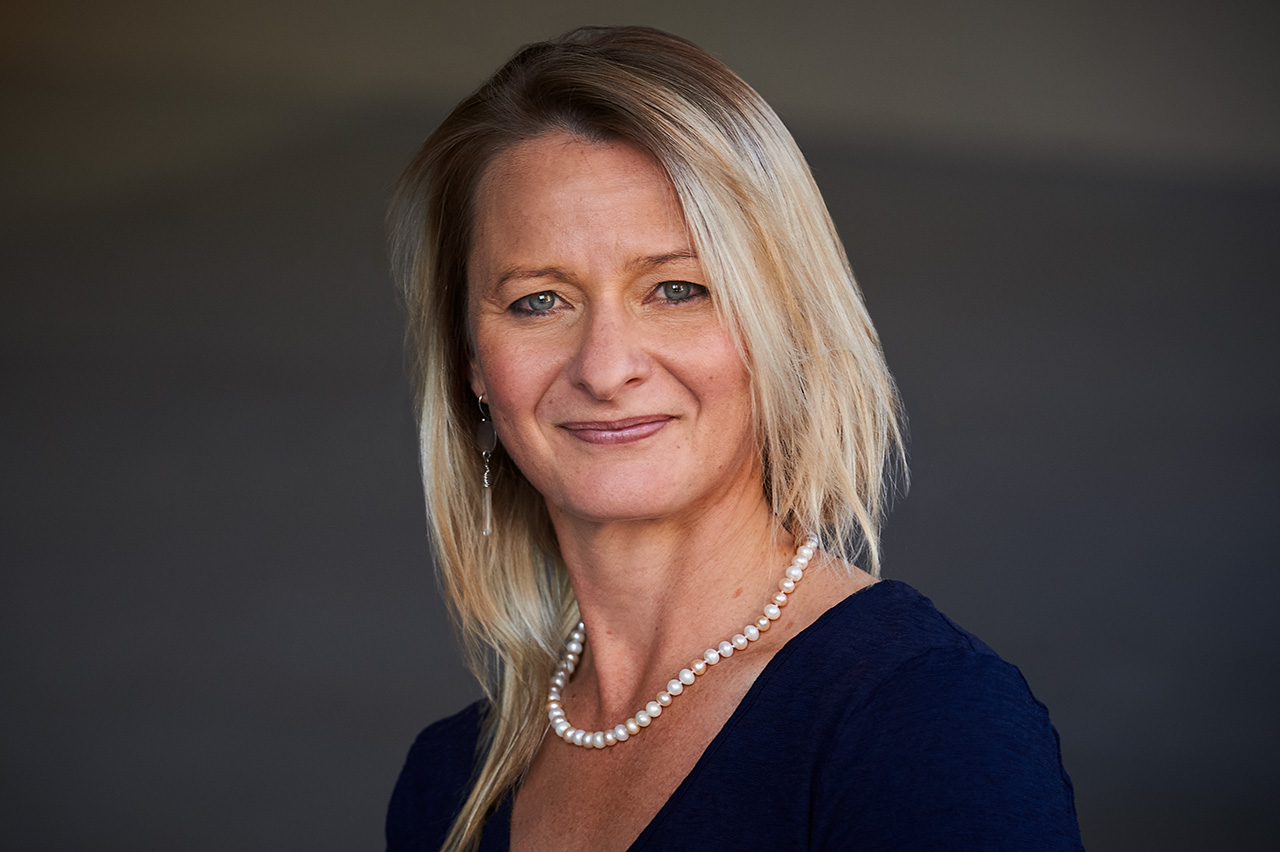 Associate Professor Felicity Deane has published extensively on climate change policy, in particular on market-based instruments and emissions reductions. Her publications have particularly focused on the convergence of trade law and climate change policy.
Associate Professor Felicity Deane has published extensively on climate change policy, in particular on market-based instruments and emissions reductions. Her publications have particularly focused on the convergence of trade law and climate change policy.
Her first book, Emissions Trading and WTO Law: A Global Analysis, examined the impact of trade rules on climate change market-based instruments. Her recent monograph Natural Capital, Agriculture and the Law considers how the law is relevant to improving sustainability and the role of landholders in doing so.
Over the past 10 years, Associate Professor Deane has collaborated with industry partners on projects that focus on land use practices in Australia, export markets and impacts on natural resources. She is a research program lead with the Centre for Clean Energy Technologies and Practices.
Smart cities, sustainability and “more-than-human” design
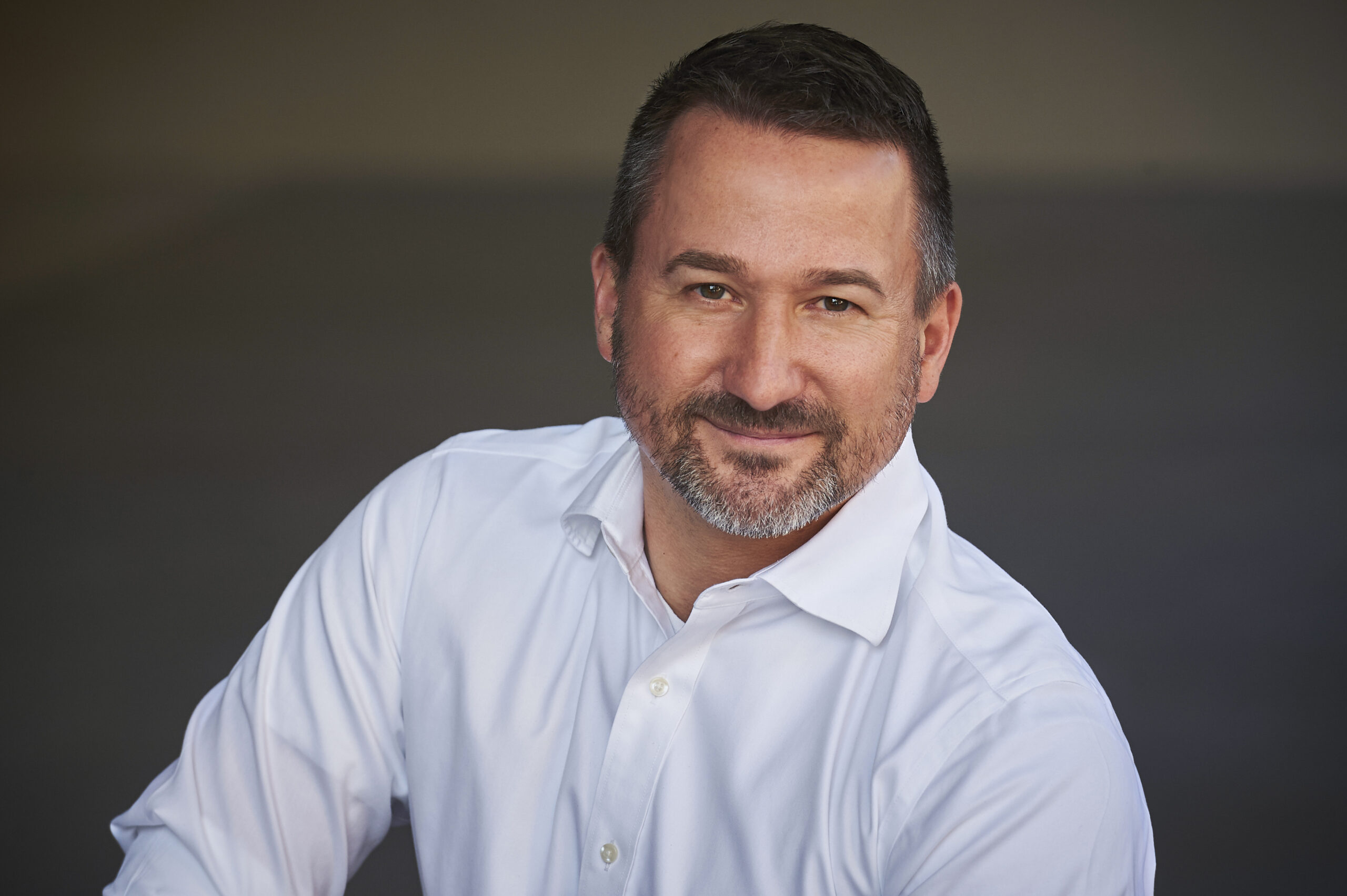 Professor Marcus Foth is the leader of the QUT More-than-Human Futures research group, which looks at the complex interrelationships between humans and non-human others (such as animals and plants, as well as soil, rivers, data and sensors). He also founded the Urban Informatics Research Lab in 2006 and the QUT Design Lab in 2016.
Professor Marcus Foth is the leader of the QUT More-than-Human Futures research group, which looks at the complex interrelationships between humans and non-human others (such as animals and plants, as well as soil, rivers, data and sensors). He also founded the Urban Informatics Research Lab in 2006 and the QUT Design Lab in 2016.
Professor Foth has focussed on the philosophical and societal issues and challenges of sustainability.
His work has looked at smart and sustainable cities, and how they are responding to climate change, rapid urbanisation, pandemics, as well as innovations in technologies such as blockchain, media architecture and the Internet of Things.
He strongly argues for the importance of a humanities, arts, social science perspective in sustainability discourse.
Young Planners and Climate Change
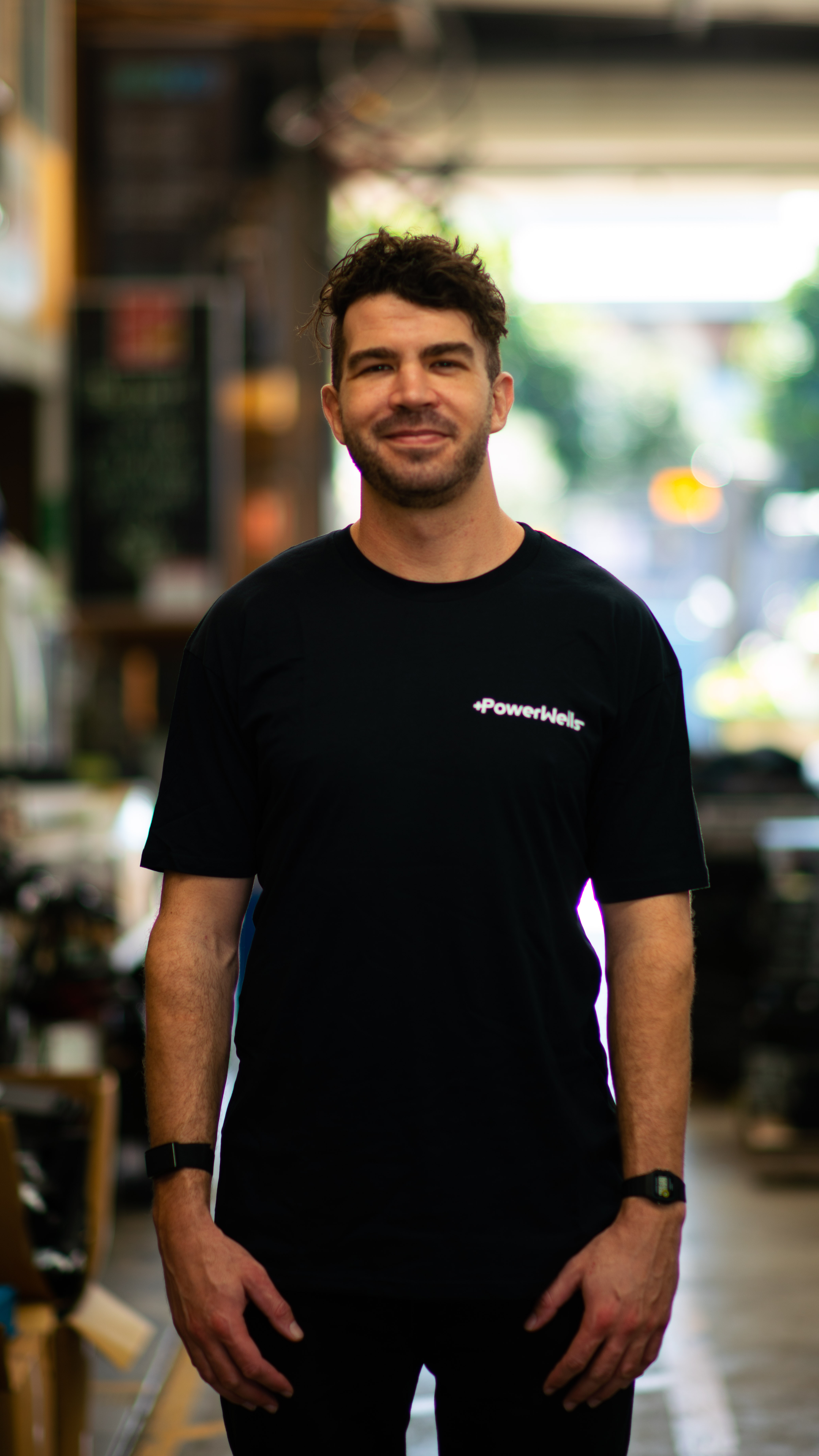 QUT PhD student Nicholas Kamols, the 2022 Australian Young Planner of the Year, is attending the United Nations’ COP27 summit as part of the Australian Youth Delegation, in a bid to promote better climate strategies in Australia.
QUT PhD student Nicholas Kamols, the 2022 Australian Young Planner of the Year, is attending the United Nations’ COP27 summit as part of the Australian Youth Delegation, in a bid to promote better climate strategies in Australia.
Mr Kamols is the co-founder of PowerWells, a company that repurposes lithium-ion batteries – diverting waste from landfill – and pairs them with solar panels to provide renewable energy to off-the-grid communities in Indonesia.
He said town planners were well suited to contribute to tackling the global challenge of climate change with their focus on cities and the built environment, and he aimed to bring a number of climate mitigation strategies and approaches to climate-positive design to a number of luminaries on the world stage.
This is particularly timely, as the Brisbane 2032 Olympics are contracted by the IOC to be climate-positive. Mr Kamols has written about this in a new 2022 book chapter: “The promise of the first climate-positive Olympics for regenerative cities.”
Mr Kamols is a town planner who worked in local government and private practice before returning to QUT in 2019 where he graduated with a Master of Philosophy in urban informatics.
He is doing his PhD with the QUT Design Lab, where he investigates the formational and operational processes of virtual built environments in the open metaverse. His studies are supported by ARUP.
Intellectual property and climate change
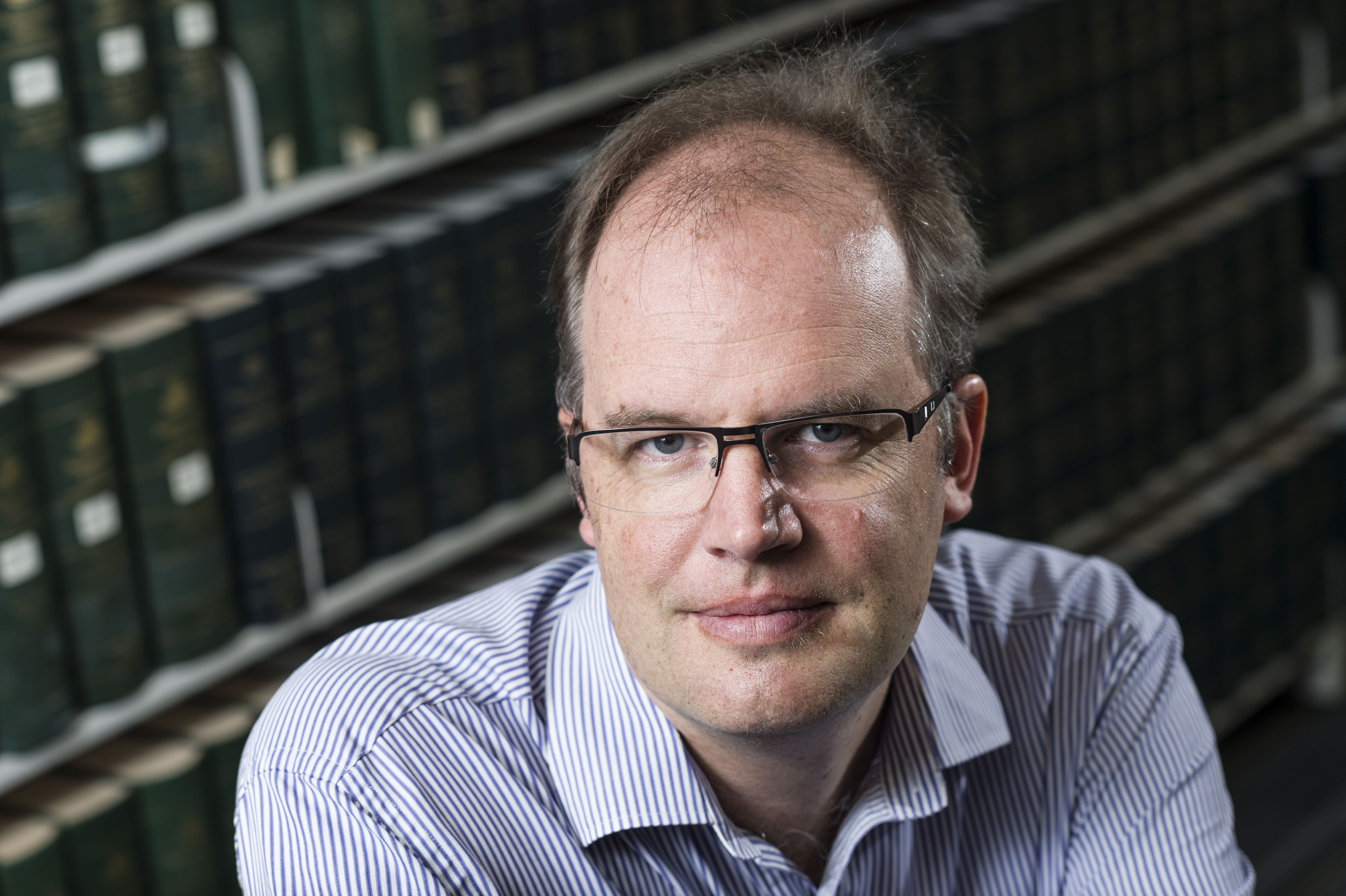 Professor Matthew Rimmer, from the QUT Faculty of Business & Law, studies intellectual property, climate change, and sustainable development.
Professor Matthew Rimmer, from the QUT Faculty of Business & Law, studies intellectual property, climate change, and sustainable development.
He has followed the debates over intellectual property and technology transfer in international climate talks over many years.
Professor Rimmer has also been focused on climate litigation – including the recent victory of the Torres Strait Eight over the Australian Government in respect of the impact of climate change on human rights, including the right to culture.
He has also been exploring regulatory action in respect of the problems of greenwashing by corporate actors and national governments. He has highlighted the need for open innovation to address the challenges of climate change, biodiversity, and sustainable development.
Climate finance and gender
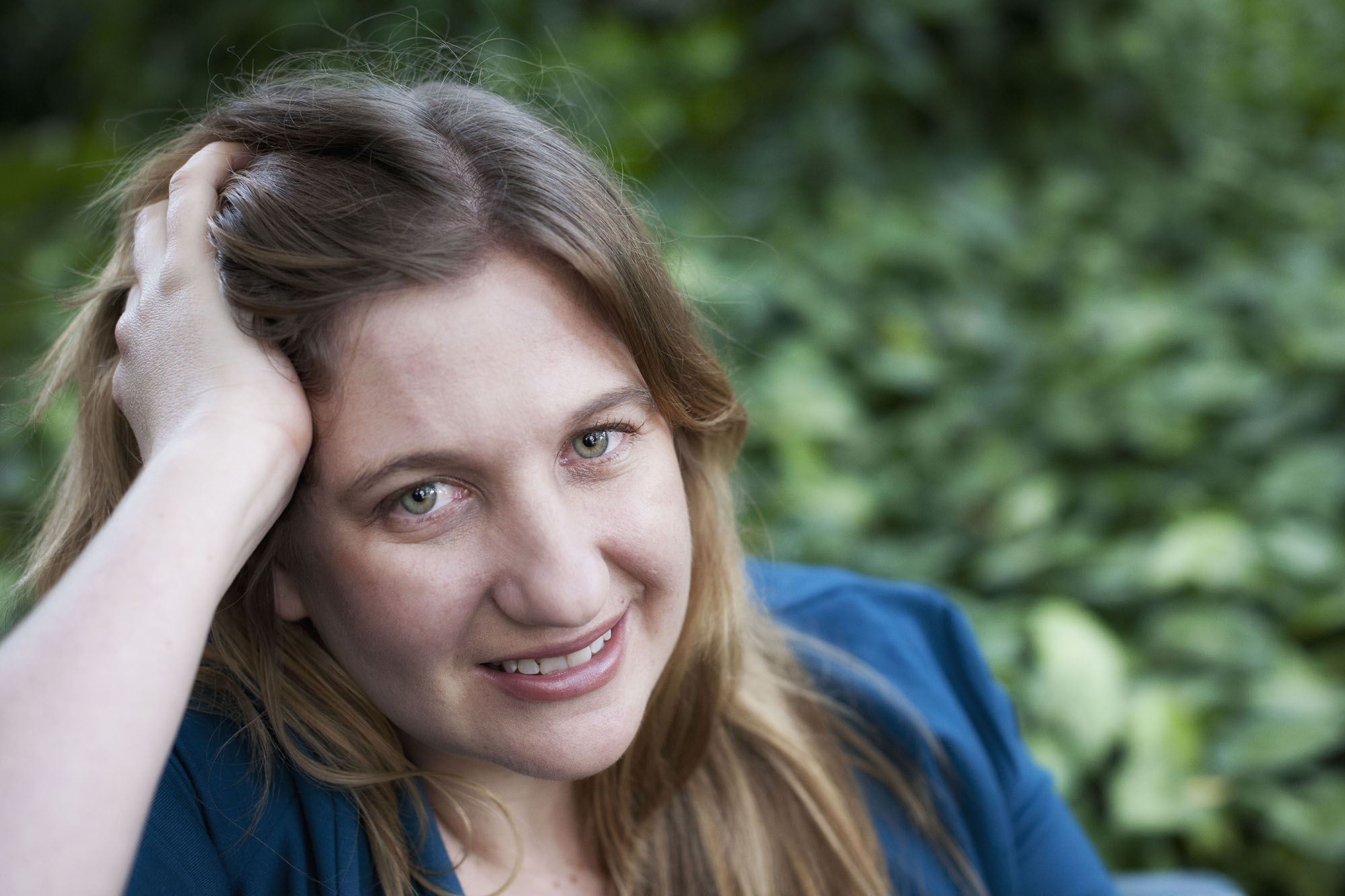 Associate Professor Rowena Maguire, from QUT's Centre for Justice, studies gender and climate policy with a focus on the land sector. Associate Professor Maguire will be available to comment upon COP 27 outcomes related to gender, agriculture and climate finance.
Associate Professor Rowena Maguire, from QUT's Centre for Justice, studies gender and climate policy with a focus on the land sector. Associate Professor Maguire will be available to comment upon COP 27 outcomes related to gender, agriculture and climate finance.
Associate Professor Maguire is examining who benefits from climate finance in Fiji, Samoa and Solomon Islands and whether it meets women’s requirements for adaptation to climate change funded by the Australian Centre for International Agriculture Research (ACIAR).
Professor Maguire’s project aims to understand the flow of climate finance, who gets the money and identify how to better channel international climate finance to benefit vulnerable communities. A member of the research team, Dr George Carter from ANU, will be presenting research findings to an ACIAR event as part of COP.
Professor Maguire is the lead author of a report prepared to assist UNFCCC Negotiations teams on the topic of gender and the United Nations Framework Convention on Climate Change.
Media contact:
Rod Chester, QUT Media, 07 3138 9449, rod.chester@qut.edu.au
After hours: 0407 585 901, media@qut.edu.au


